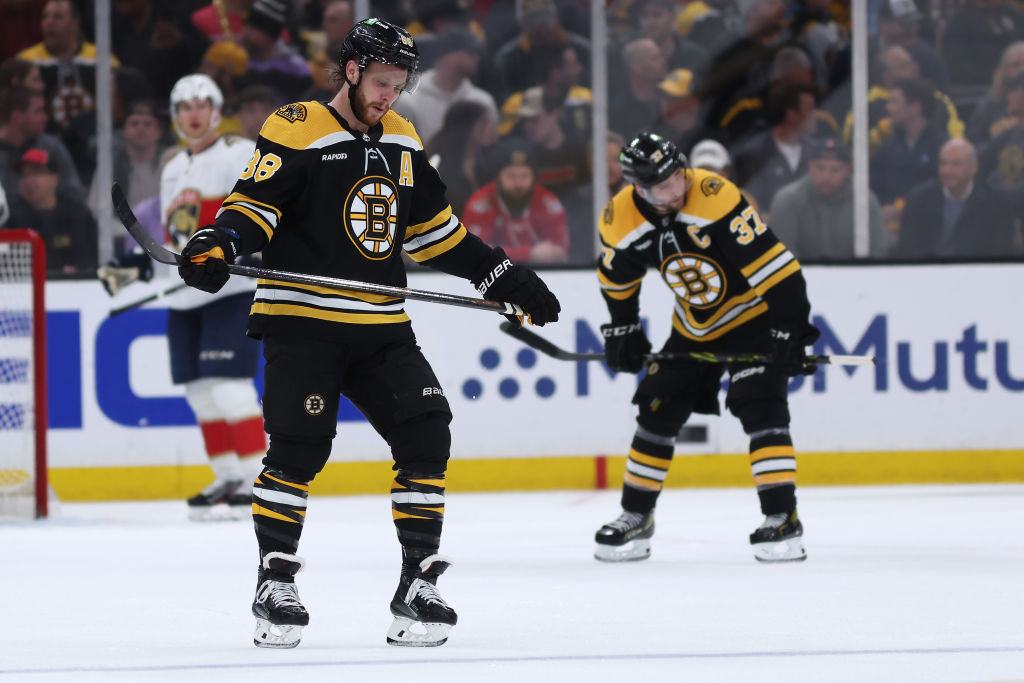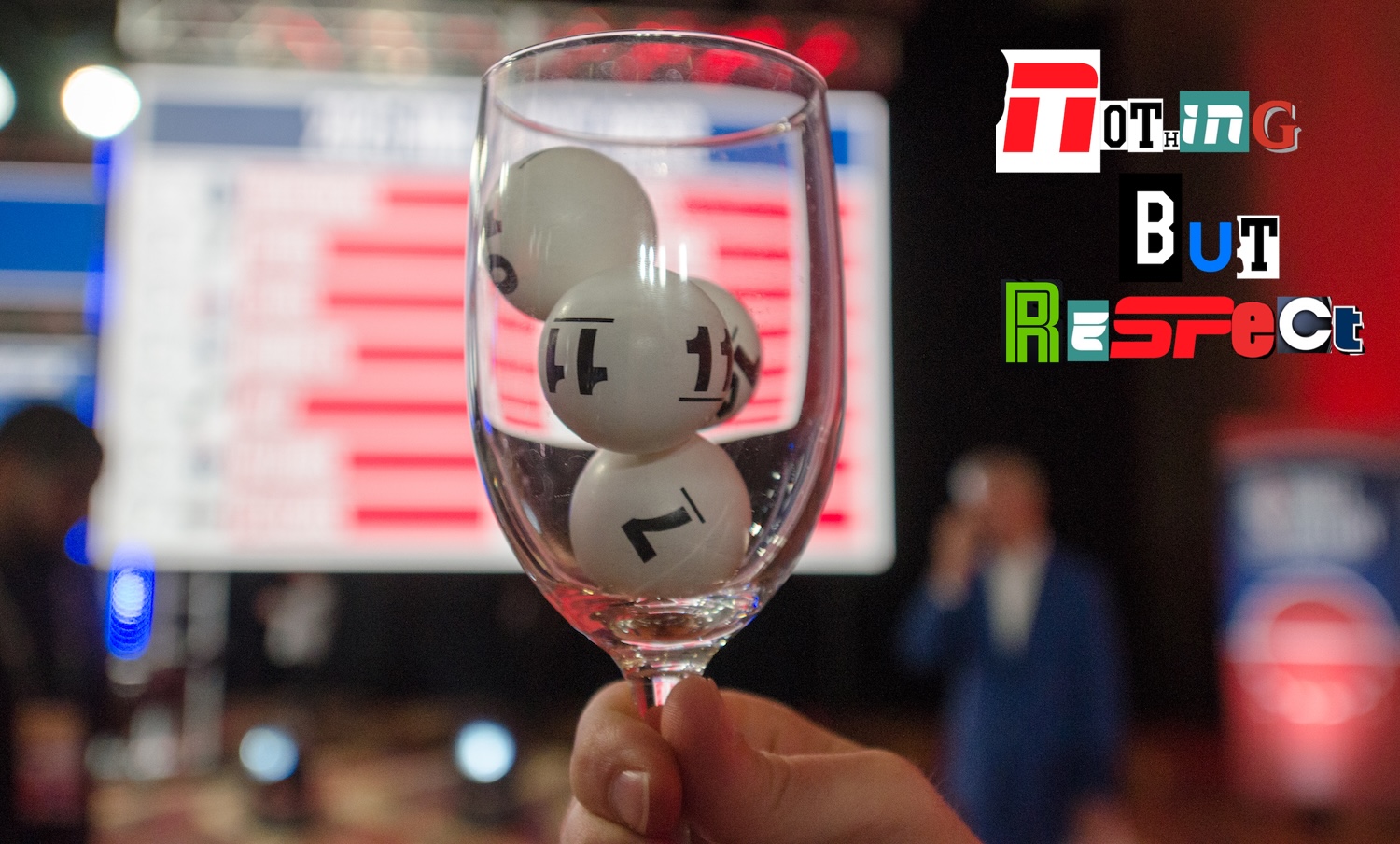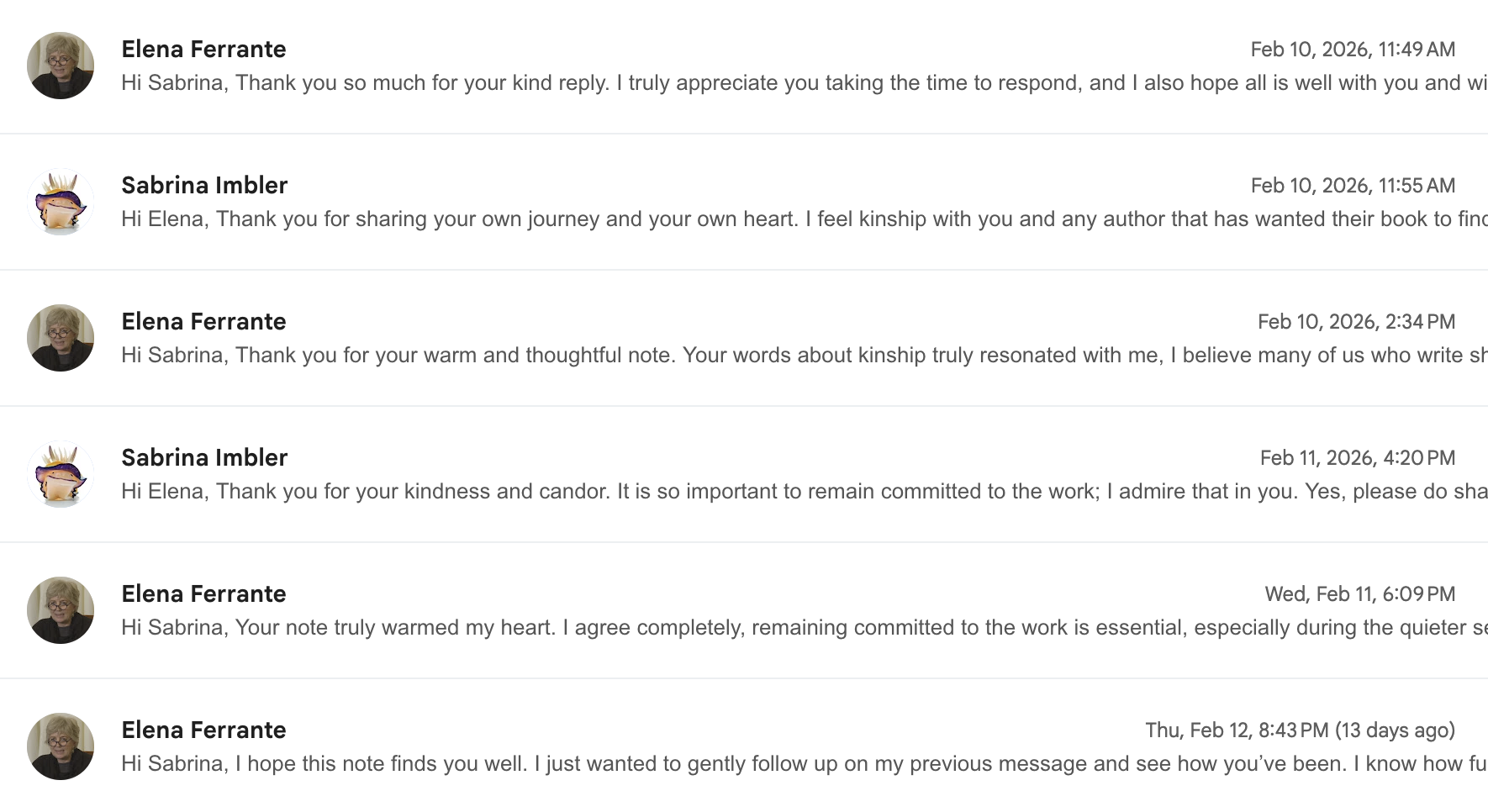By my measure, and by a lot of other more important folks' measures, the Bruins' regular season was the best in NHL history. Their record surpassed what anyone else has done in 82 games, namely the 1995–96 Red Wings and 2018–19 Lightning. And even if you want to bring in the 1976–77 Canadiens, who hold the record for fewest losses and most regulation wins (because they didn't play overtime back then), the fact that the NHL (and its then-rival WHA) was very much just a North American league at the time makes that accomplishment slightly less definitive.
When the Bruins were down 2-0 to the Panthers on Sunday night, the broadcast noted that Boston had the second-most comeback wins in the league this year, with 24. That might have been the only "wins" stat where the Bruins didn't finish first. Across this record-setting 65–12–5 campaign, they won 67.6 percent of their one-goal games, 91.5 percent of games where they scored first, 62.9 percent of games where they didn't score first, 94 percent of games when they led after two periods, and 31.3 percent of their games when they took a deficit into the third. All of these were unmatched. In just about any situation, the Bruins were the best bet to come out on top in the NHL.
Even broken down into separate pieces, you couldn't find fault with the Bruins. They scored more goals than anyone but Edmonton, thanks in large part to a supernova season from David Pastrňák. They allowed far fewer goals, just 2.12 per game, than any other team, thanks to the unsolvable duo of Linus Ullmark and Jeremy Swayman (who also helped them win a league-best 11 games on the second half of back-to-backs). They won faceoffs more often than anyone but Dallas, because Patrice Bergeron's skill in that circle is ageless. And they even got better midway through the year, especially when they traded picks to Detroit for Tyler Bertuzzi, who went on to notch five goals and five assists in the series against Florida.
To call this a once-in-a-lifetime season for the franchise would be an understatement. Really, only fans of Detroit, Montreal, and Tampa can claim to have ever experienced anything like the exhilaration of constant domination that the Bruins displayed from October to mid-April. And now it's over. Because they were unnerved by Matthew Tkachuk, because Sergei Bobrovsky stopped everything he needed to in Game 5, because Ullmark ran out of juice, because Swayman was a little shaky coming in after a long layoff, because Carter Verhaeghe is a stone-cold killer, because the results of playoff hockey are out of even the best teams' control—whatever reason or reasons you want to pick, the Bruins blew a 3-1 series lead and saw their incredible season come to a shocking, sudden conclusion.
Patrice Bergeron and Brad Marchand embrace after the Bruins lose Game 7 pic.twitter.com/FzCUuz28Ju
— Brady Trettenero (@BradyTrett) May 1, 2023
While the magnitude of the Bruins' success makes the fall even harder, the Panthers' victory only followed an ongoing trend in the NHL, one that Florida itself fell victim to last year: The best team of the regular season has now failed to advance past the second round for eight straight playoffs. The league is far more competitive, and far less generous to would-be dynasties, than it was in the days of the '70s Canadiens, whose four straight Stanley Cups were followed by four straight for the Islanders, and then four in five years from Edmonton. A quartet of consecutive titles feels basically impossible now, with the unavoidable obstacle of cap crunches and roster turnover. Even just mapping out the path to one is less intuitive when "be the best team" isn't nearly enough. What's worked most effectively is the volume approach taken by recent champs like the Lightning, Avalanche, and Penguins—make the playoffs consistently, and at some point the bounces and hot streaks should fall your way.
But unlike Tampa, which set regular-season records before an embarrassing first-round sweep at the hands of the Blue Jackets in 2019, this generation of Bruins looks closer to the end than the beginning. Recreating the 65-win season is out of the question entirely, since they played at the absolute limit of their powers and then some. But even maintaining the level needed to hang with the top tier of the East—which includes the Leafs now, by the way!—is going to be a challenge. Bergeron and David Krejčí, both 37, faced retirement questions the moment Verhaeghe went top shelf. Swayman is due for a raise. Brad Marchand is getting older. And the rentals they got at the deadline will all float into the open market.
Boston isn't screwed, though. Pastrňák looks like he'll be a Bruin for life. In Hampus Lindholm and Charlie McAvoy they have a pair of strong defensemen in their primes, who can each anchor a pairing. And it'll be at least one more year before the cap really sits down on their backs. The Bruins are demoralized, however, because logically, it’s just hard to wrap your head around the simultaneous ideas that your team can only get worse than the one that just got punted out of the first round, and could still maybe win a Cup. This was their best chance. But not their last chance. Boston fans, almost definitely, are never going to see anything like that regular season ever again. But, almost as likely, they're going to see this franchise continue to make the playoffs. That's all any Cup hopeful can really do.






